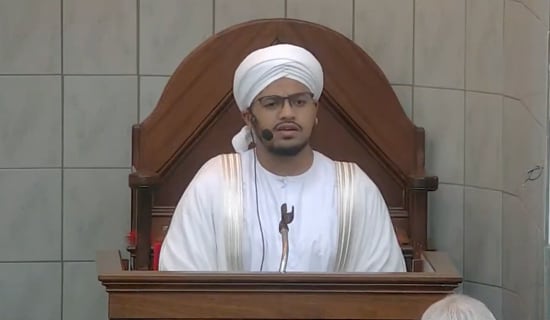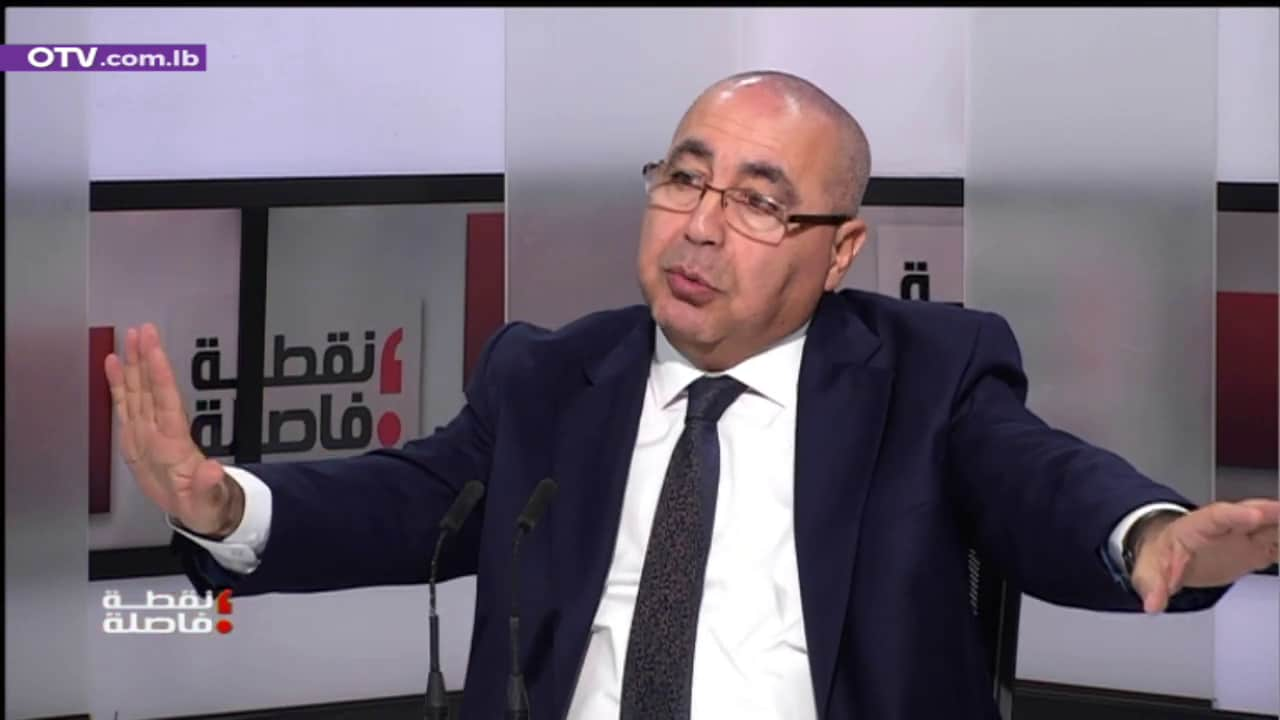
The Egyptian TV channel Al-Tanweer hosted several Egyptian academics for a discussion on Arab and Islamic culture in modern times. Among the guests were Salah Qansawa, professor of philosophy at at the Academy of the Arts, and Hassan Taleb, a poet and professor of philosophy at The Literature Academy of Hilwan University. The following are excerpts:
Host: We direct a message to the viewers. In our opinion, we should not be misled by this [Western] glitter. It is possible that they have a measure of...
Prof. Qansawa: Why do you call it a shine?
Host: I believe that it is glitter because although there is freedom [in the West], it is not complete freedom. In comparison, there is a group...
Prof. Qansawa: You mean that our freedom is better...
Host: We have a certain measure of justice but we need more freedom. What is your response?
Prof. Qansawa:You spoke very nicely, really.
Host: Thank you.
Prof. Qansawa:Look, as I just said, this is a package deal, which includes positive and negative aspects. This West is not one thing. "West" is only a phrase used by people, like mosque preachers, who tell you: 'The West?' 'the other?' and then they calm down, wash their hands, and go home to bed or to do whatever. Now let's talk seriously. What do you mean when you say, 'West'? When I say 'west' I mean that their progress is greater than ours. Excuse me, but no one can disagree with this...
Host: No, no...
Prof. Qansawa:Such a thing could happen. Someone can come and claim that in the West they are insolent? We have rooted spiritual values. Am I wrong? We curse Zionism. Why? Because we say "This Judaism is a religion, why did they turn it into a political issue, into a state?" What do we do now?
People talk to you about Andalusia, why? They talk to you about American double standard. Come on, in this Andalusia, were you not an occupier?
Host: We were occupiers.
Prof. Qansawa: What are you so angry about? "We lost Andalusia, Granada fell." You weep because you were not man enough to defend it. We must be brave; we must be men...
Host: Or ladies...
Prof. Qansawa: Or sweet ladies, who think one way, according to one principle, and one value system. We oppose occupation. Were we not glad when we occupied the entire world and ruled it? So why are you angry now? Because someone else rules over you now? History is a cycle, is it not?
We must use common sense and not take everything in a generalized manner. For example, 'West' in a generalized manner. No, the West is many things. Marxism, which opposed capitalism, developed only in the West. They demonstrated against the war in Iraq more than us Arabs. We, the Arabs, did not do what the people of the West and the Americans did.
We distort the words as they appear in the Koran. We use the term, 'Islamic nation.' I know someone, Dr? Who says, the 'Islamic nation!' What Islamic nation? Let's speak frankly. It is called distorting words. The term, 'Islamic nation' hints to a nation in the political sense. "Nation" as appeared in the Koran is parallel to the word for the Christian church.
If I play with the words, like those people who flood the television screens, whose faces fill the screen, and who talk a lot on the Gulf TV channels and here and there. They are liars and demagogues In the name of religion. They play with words. The term, "Islamic nation" is never mentioned in the Koran in the meaning of a state...
Prof. Taleb: First, we must give up our metaphysical approach to things. The idea of Islamizing science plays a part here. This idea means that we will have the sciences subjected to religion. This is a metaphysical outlook. As though there were an Islamic geography, a Buddhist geography, a Coptic geography, a Christian geography, and so on. There is no such thing. The science of geography is one.
Host: Religions do not encourage knowledge and science.
Prof. Taleb: The same goes for history. Some people want to Islamize history. What do they do? They claim that history begins with Islam. What does it mean when you Islamize history? That history begins with the Hijrah. Everything preceding it is called Jahilliya. Preceding it, everything is Jahilliya.
Host: Like what happened in Afghanistan, when they blew up the statues of Buddha.
Taleb: What do they call everything that happened before that in the history of the nations throughout thousands of years? They call it the pre?Islamic era. You can say that this is the slaughter of human civilization. Yes, they call it Jahilliya. Everything preceding Islam is Jahilliya. Chinese culture, Pharaonic culture, Babylonian culture, Syrian ? all this is defined as Jahilliya.
Prof. Qansawa: Meaning, prehistoric.
Prof. Taleb: Yes, prehistoric.













